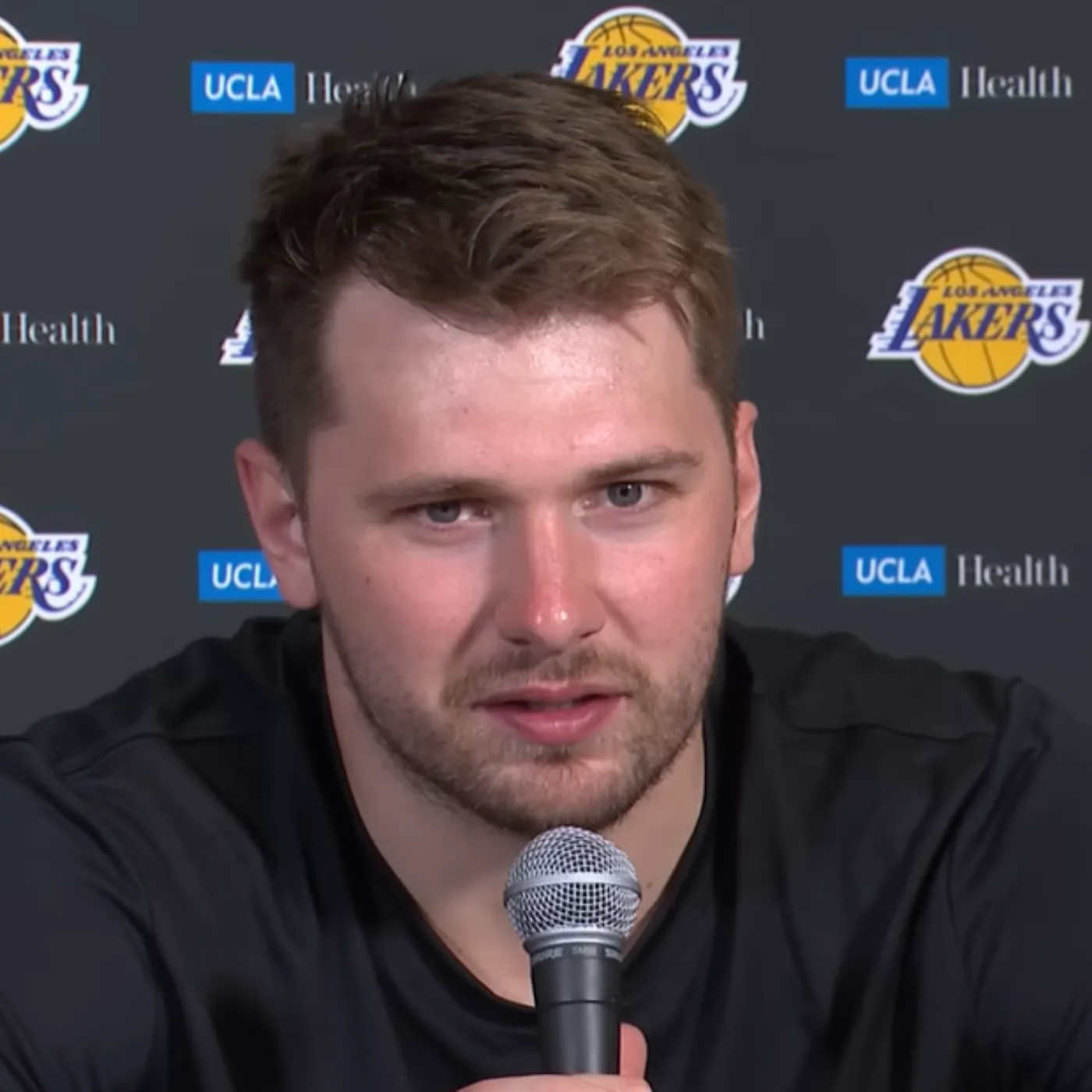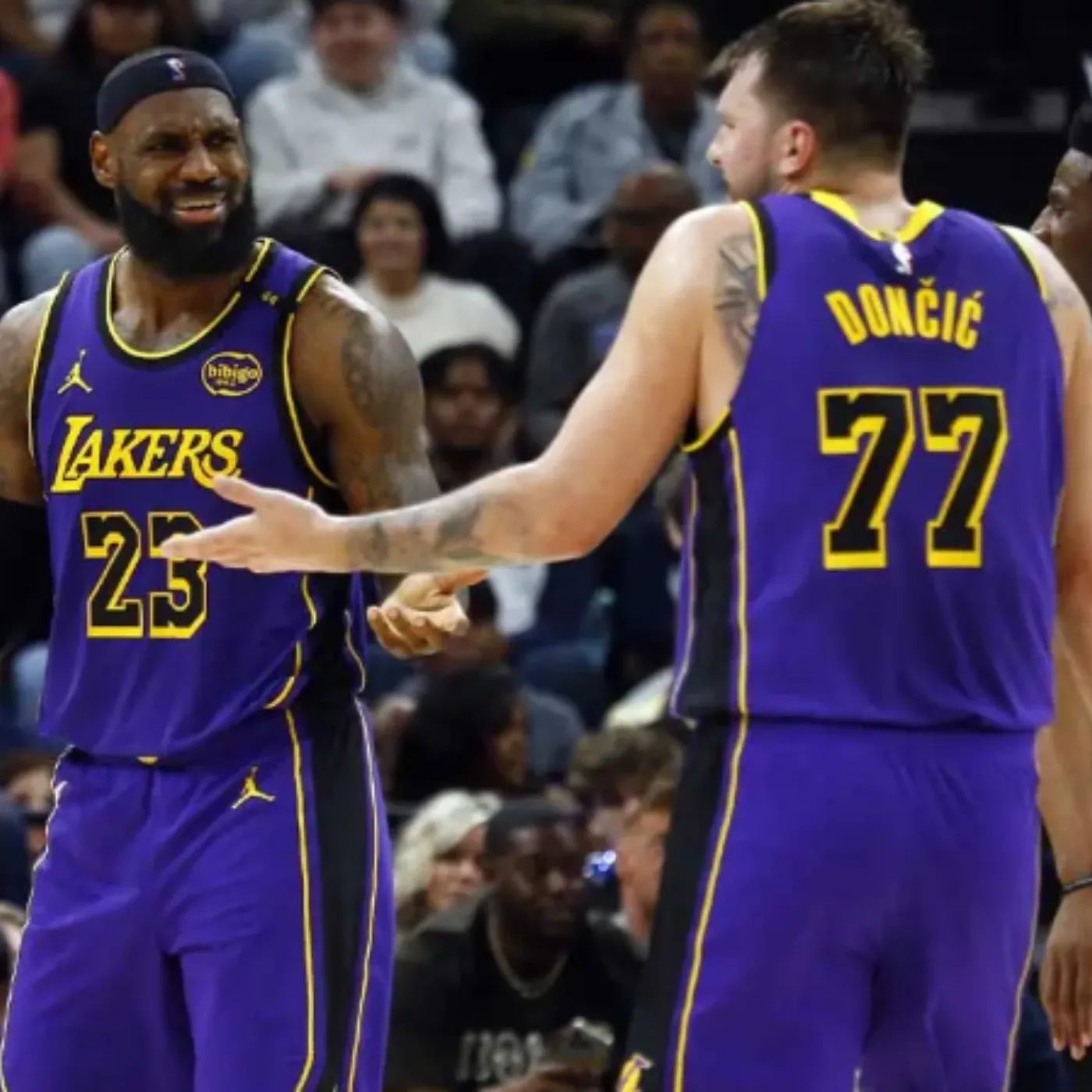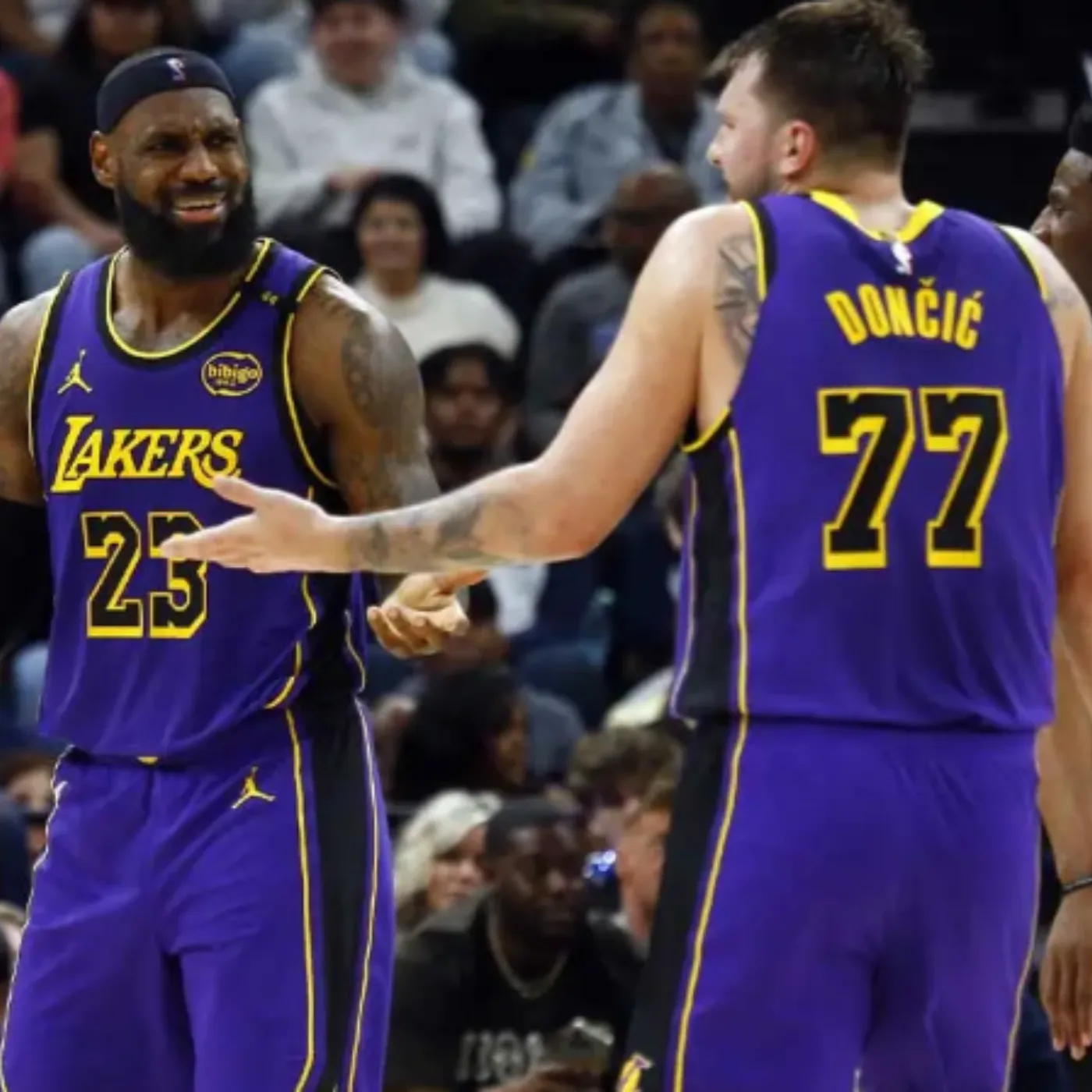
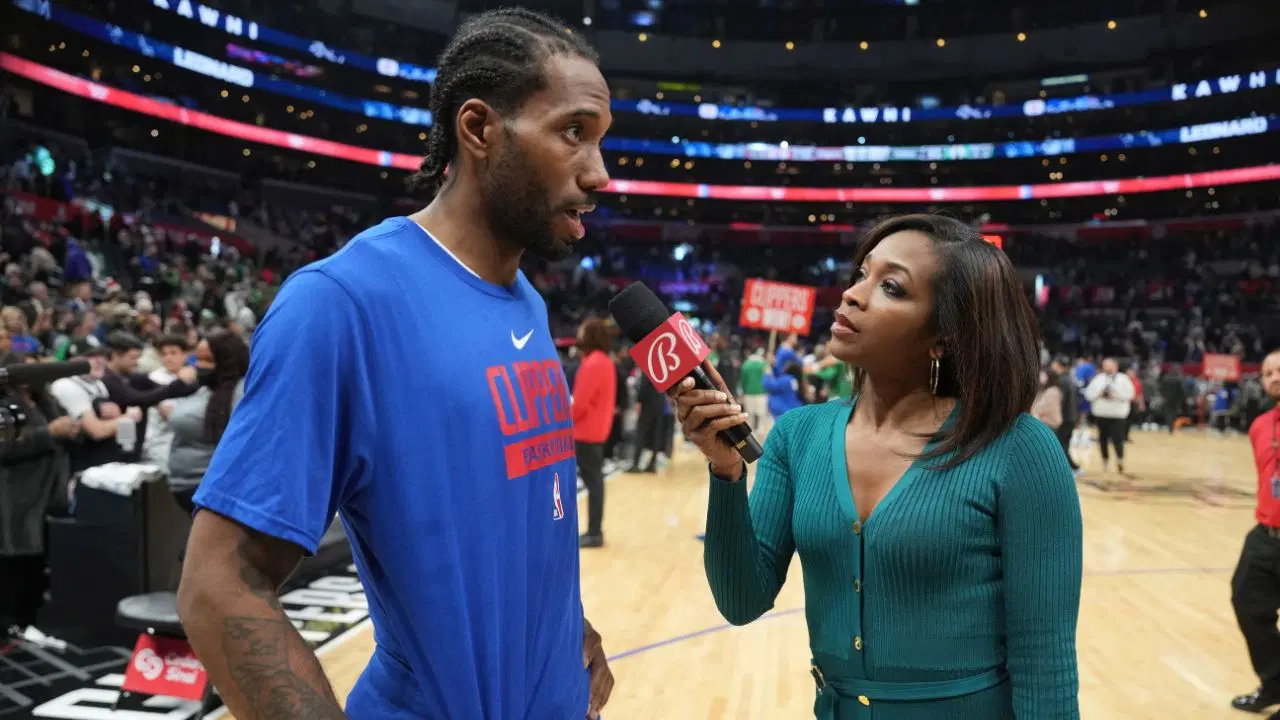
Navigating the Gray Area: Kawhi Leonard’s Business Demands from Raptors Outrage Fans, What’s the Truth Behind It?
In a saga that intertwines high-stakes negotiation, club ownership, and a brewing NBA investigation, Kawhi Leonard has become the center of a complex off-court drama. From dramatic free agency bargaining with unusual demands—including a stake in an NHL team—to suspicions of a “no-show” endorsement deal allegedly designed to breach the salary cap, the unfolding story raises important questions about ethics, power, and precedent in professional basketball.
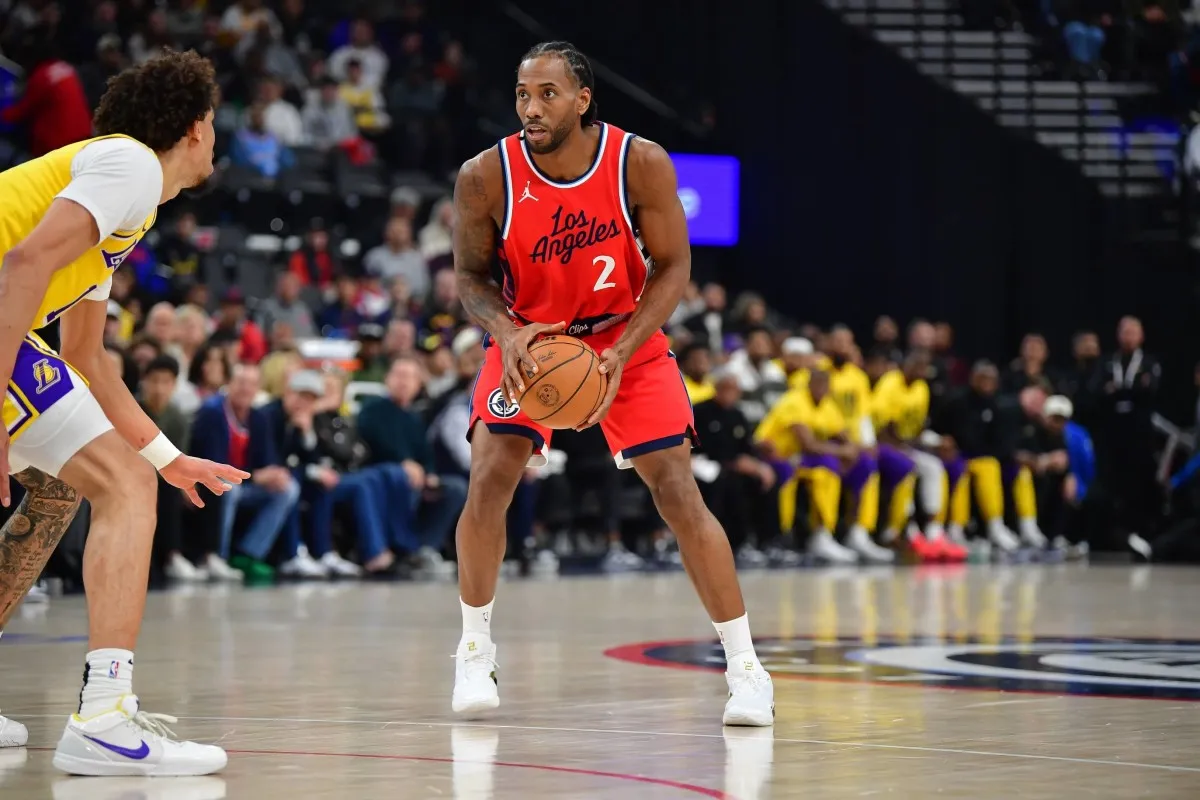
2019 Free Agency: Bold Demands That Broke the Mold
During his 2019 free agency period, Kawhi Leonard’s representation, led by his uncle and manager, created a stir with unconventional—and some would say outrageous—requests to the Toronto Raptors. These demands extended beyond a simple contract or bonus. They included a proposed ownership stake in the Toronto Maple Leafs, an NHL franchise owned by the same company that controls the Raptors.
This request stood out for more than one reason. It not only blurred lines between promotional agreements and equity ownership, but it also raised central concerns about what compensation structures fall within allowable limits during free agency. Leonard’s team also pushed for sponsorship income of at least $10 million per year, but strictly with zero obligations for him to appear in advertisements or promotional events.
When the Raptors indicated that such sponsorships would normally require physical presence and advertising commitments, Leonard’s representatives doubled down: “We don’t want to do anything” in terms of promotional obligations. In the strict rules of NBA negotiation, these demands were extraordinary—well beyond accepted practices. Although the league did not formally intervene at the time, these requests became part of a broader dialogue on transparency and fairness in player negotiations.
Aspiration and the “No‑Show” Endorsement: A Looming Investigation
Fast forward to 2025, and a deeper, potentially more damaging controversy has surfaced: an NBA investigation into whether the Los Angeles Clippers, through an alleged $28 million “no-show” endorsement, helped Kawhi Leonard evade the salary cap.
This alleged deal involved the environmental startup Aspiration, which paid Leonard’s company, KL2 Aspire LLC, over four years. Yet, strikingly, Leonard reportedly performed no promotional activity, no appearances, and no work of substance in return for the payments. This kind of arrangement—compensation without work—raises red flags about whether the deal was structured to circumvent salary cap rules deliberately.
The controversy deepened given that Clippers owner Steve Ballmer reportedly invested heavily in Aspiration around the same period. The arrangement also included a separate agreement that provided Leonard $20 million in company stock, reportedly from a co-founder’s personal holdings. Combined, the packages raised the total value of Leonard’s relationship with Aspiration to an eye-popping $48 million.
Further complicating matters, Aspiration collapsed in bankruptcy, naming KL2 Aspire as a significant creditor. And in a twist that added to the legal fallout, the co-founder who benefited from Leonard’s stock arrangement pleaded guilty to fraud charges involving hundreds of millions of dollars. As scrutiny intensified, observers alleged that the deal was designed not for brand-building, but for financial engineering—favored by wealthy owners to fund elite talent outside conventional salary structures.
NBA Takes Action: Promises of Accountability
Faced with mounting evidence and credible allegations, the NBA retained a top-tier law firm to launch a full-scale investigation. The league is now probing whether the Clippers knowingly assisted in salary cap circumvention via this backdoor endorsement.
If this investigation substantiates the allegations, the consequences could be severe: hefty fines, voiding of contracts, and even changes to league governance standards. Although the Clippers have publicly denied wrongdoing, stating they had no oversight of Leonard’s agreement with Aspiration, the situation has already triggered significant public and internal league concern.
A Pattern of Negotiation or a Singular Misstep?
When viewed together, the 2019 free agency demands and the 2025 endorsement controversy suggest a pattern—one in which Leonard’s representation pursued compensation structures beyond traditional channels.
His push for Maple Leafs equity and passive sponsorship income with zero obligations signaled a strong preference for autonomy over physical presence. Then, the Aspiration deal, allegedly structured to skirt salary limitations, seemed to echo that same desire for separation between payment and performance.
Such strategies may benefit the player, but they challenge core principles of league fairness and salary transparency. If one elite athlete’s negotiation tactics become the standard, the competitive balance and enforcement mechanisms within the NBA could be significantly weakened.
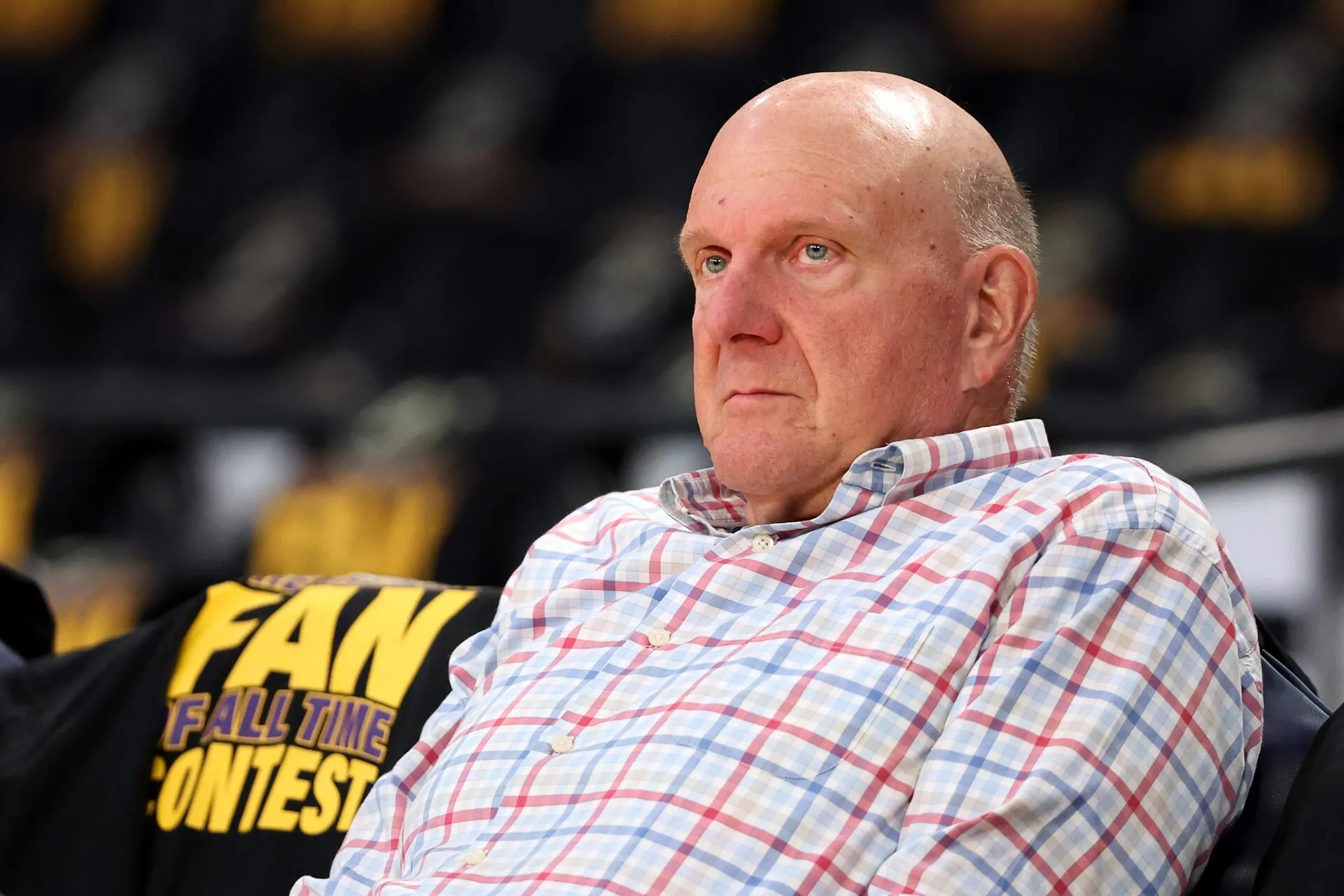
What This Means for the League and Leonard’s Legacy
These developments arrive at a sensitive moment. Kawhi Leonard, known for stoic professionalism, two championship wins, and MVP credentials, now faces off-court scrutiny unlike anything before. His brand has always been about quiet intensity and results without drama. Yet, these reports introduce a storyline pulling him—and the league—into murky ethical waters.
For the NBA, the outcomes of this investigation could redefine how the league treats undisclosed third-party compensation and endorsement structure oversight. Clear enforcement and transparency will be essential to maintain legitimacy. The league must send a message that even superstar players cannot bypass financial regulations through creative contracting.
For Leonard, a legacy in flux could hinge on the results. If no wrongdoing is proven, his reputation may weather the storm. If violations are found, it may impose a stain on what has otherwise been an exceptional basketball career.
Conclusion: A Ball in Motion
In the world of professional sports, where contracts, endorsements, and on-court excellence collide, the boundaries between loosening regulations and rule-breaking can become dangerously thin.
Kawhi Leonard’s negotiation tactics in 2019—including high-dollar sponsorship demands and NHL equity—already raised questions among league observers. Now, the alleged $28 million “no-show” endorsement deal, tied to the Clippers and a collapsing startup, takes that query to a new level.
As the NBA investigation proceeds, both the league and Leonard’s legacy are in play. Are we witnessing an infraction, or the evolution of a savvy negotiation model? The answer will undoubtedly influence how future superstars navigate compensation, agency, and compliance.
In the meantime, the league—and its fans—watch closely, seeking clarity, accountability, and and protection of the game’s integrity.








